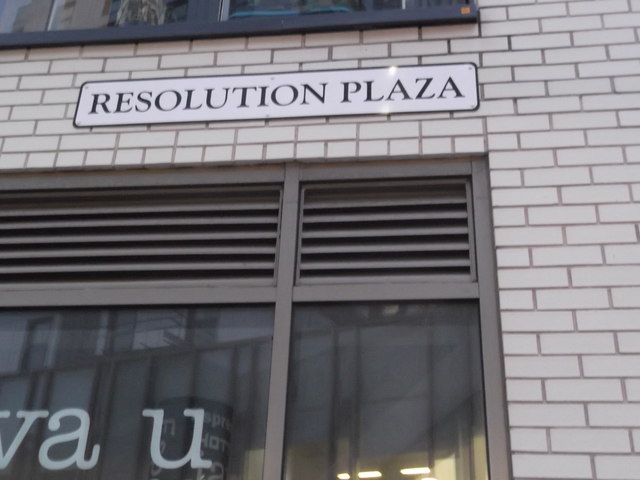To: Honorable Mayor and Members of the City City Council
From: Housing Advisory Commission - Igor Tregub, Chairman
Subject: Regarding the FY2020-2021 Community Agency RFP Cycle
Date: June 18, 2018
Introduction
On May 3, 2018, the Housing Advisory Commission (HAC) voted to provide the following advice regarding changes to the upcoming FY2020-2021 RFP Contract Cycle.
Commissioner Owens and Commissioner Wolfe recused themselves due to professional relationships with a funded community agency (Resources for Community Development).
Action: M/S/C (Lord/Johnson) to draft a letter to the City Council with recommendations dictated by the Commission for the FY20-21 Community Agency Request for Proposals.
Vote: Ayes: Amezcua, Johnson, Kesarwani, Lord, Tregub, and Wright. Noes: None. Abstain: None. Absent: Lewis (excused), Owens (recused), and Wolfe (recused).
The HAC supports these changes...
The HAC enthusiastically supports four of the proposed changes. These are:
publish agency outcomes: The HAC welcomes this shift to greater public transparency.
a $20,000 contract threshold: The HAC agrees that the the costs of evaluating and administering smaller community agency contracts than $20,000 could potentially exceed the public benefit. Perhaps $20,000 is still a low enough threshold for small projects and new agencies or projects just getting started. The HAC recommends consulting with our outside agency partners to get their perspective on this higher threshold.
enhanced outreach: The HAC recalls that in the FY2018-2019 cycle, an overlooked communication resulted in one agency - a long-time partner with the city - missing the application deadline entirely. While the City did not appear to be responsible for the mistake, nevertheless, a more rigorous outreach protocol may be a prudent way to reduce the likelihood of a recurrence.
hardship exemption: The HAC recognizes that community agencies can experience crises such as the unexpected loss of key personnel or technical problems assembling the records needed to complete an application. An absolutely strict application deadline can turn an otherwise recoverable crisis into an organizational failure that may be difficult to recover from.
For that reason, the HAC agrees that some kind of hardship exemption is desirable.
The HAC strongly opposes one proposed change...
The HAC strongly opposes shifting the current 2-year contract cycle to a 4-year contract cycle. The HAC identified a 3-year cycle as a possible alternative.
We offer these reasons for this recommendation:
In principle, the community agency RFP process is a flexible, tactical instrument which the City can use to address changing conditions as they arise. We recognize that there are reliably recurring long-term needs and that the recurring funding for some agencies reflects that. At the same time, the possibilities of abrupt economic changes, natural disaster, new innovations in social service, and other conceivable shifts in circumstance all suggest that a 4 year cycle is just too long.
It is the HAC's experience that commissioner knowledge about the Community Agency RFP, and long-term partner agencies, is handed down from commissioner to commissioner as the composition of the commission changes.
A 4-year contract cycle would interfere with that development of institutional and public knowledge about the program.
During the review process, Commissioners sometimes formally or informally meet with community agencies and otherwise seek out knowledge of their work. A 2 year contract cycle means that, in many cases, the same commissioners will be able to follow up at the end of the contract. A 4 year contract cycle will make that significantly less likely. Again, a 4 year cycle would greatly diminish institutional knowledge at the commission level.
A 4-year cycle will favor agencies that need less assistance over those that would benefit from more. A persistent risk of the Community Agency RFP process, even as it stands today, is a tendency to fund long-standing partner agencies with a robust track record even if those agencies are less in need of the funds and even if those agencies are not tackling some of the more urgent needs that arise. Moving to a 4 year cycle would make that problem even worse by raising the stakes of each award, making it less possible to take modest risks on less well resourced agencies.
A 4-year cycle would create similar institutional deficits at the Council level, and with respect to public participation.
Summary
The HAC is generally in favor of the reforms proposed for the Community Agency RFP process, but strongly opposes shifting to a 4 year contract cycle, for reasons enumerated.
The Housing Advisory Commission thanks the recipients for their consideration.
Igor Tregub
Chairman, Housing Advisory Commission
